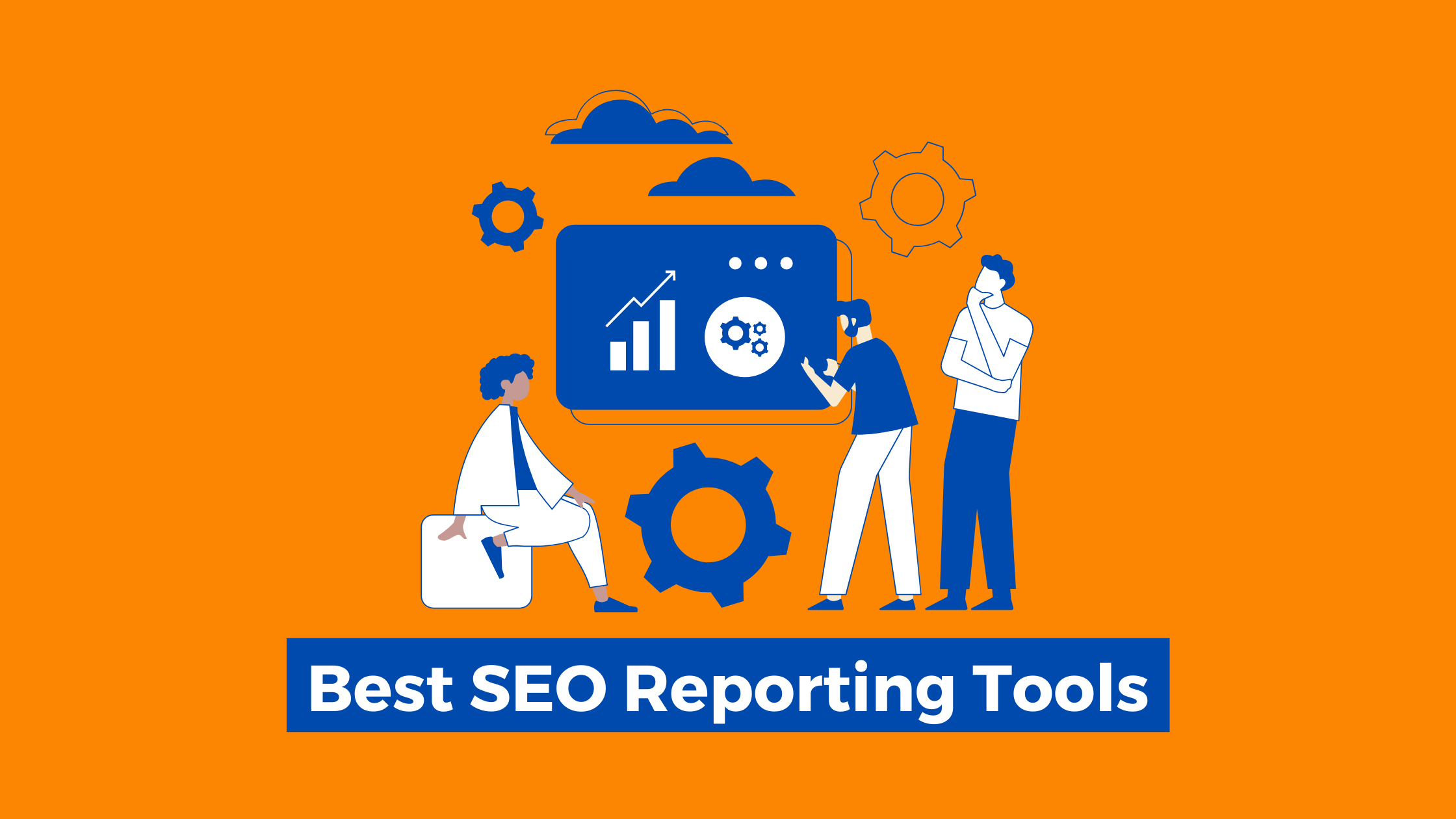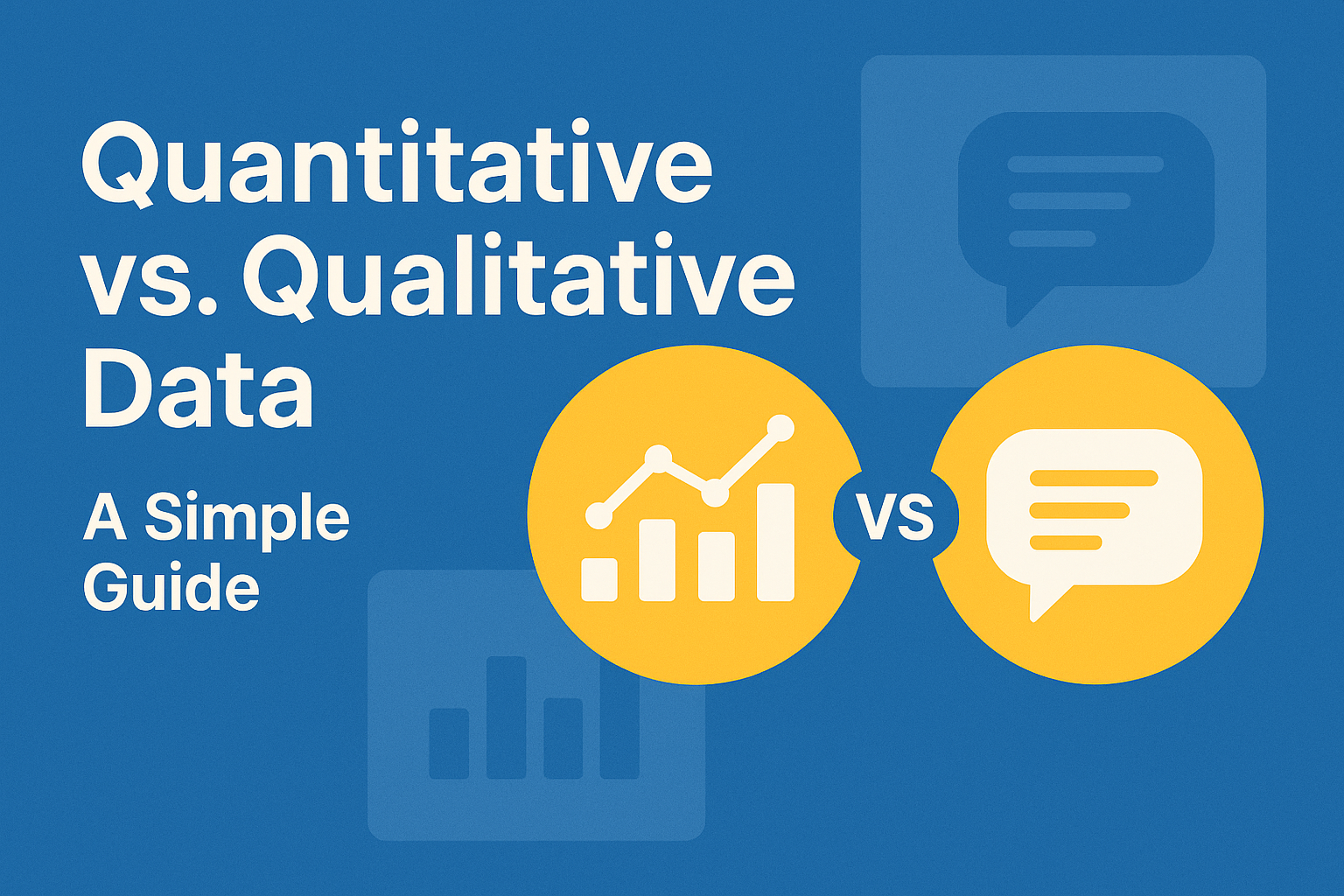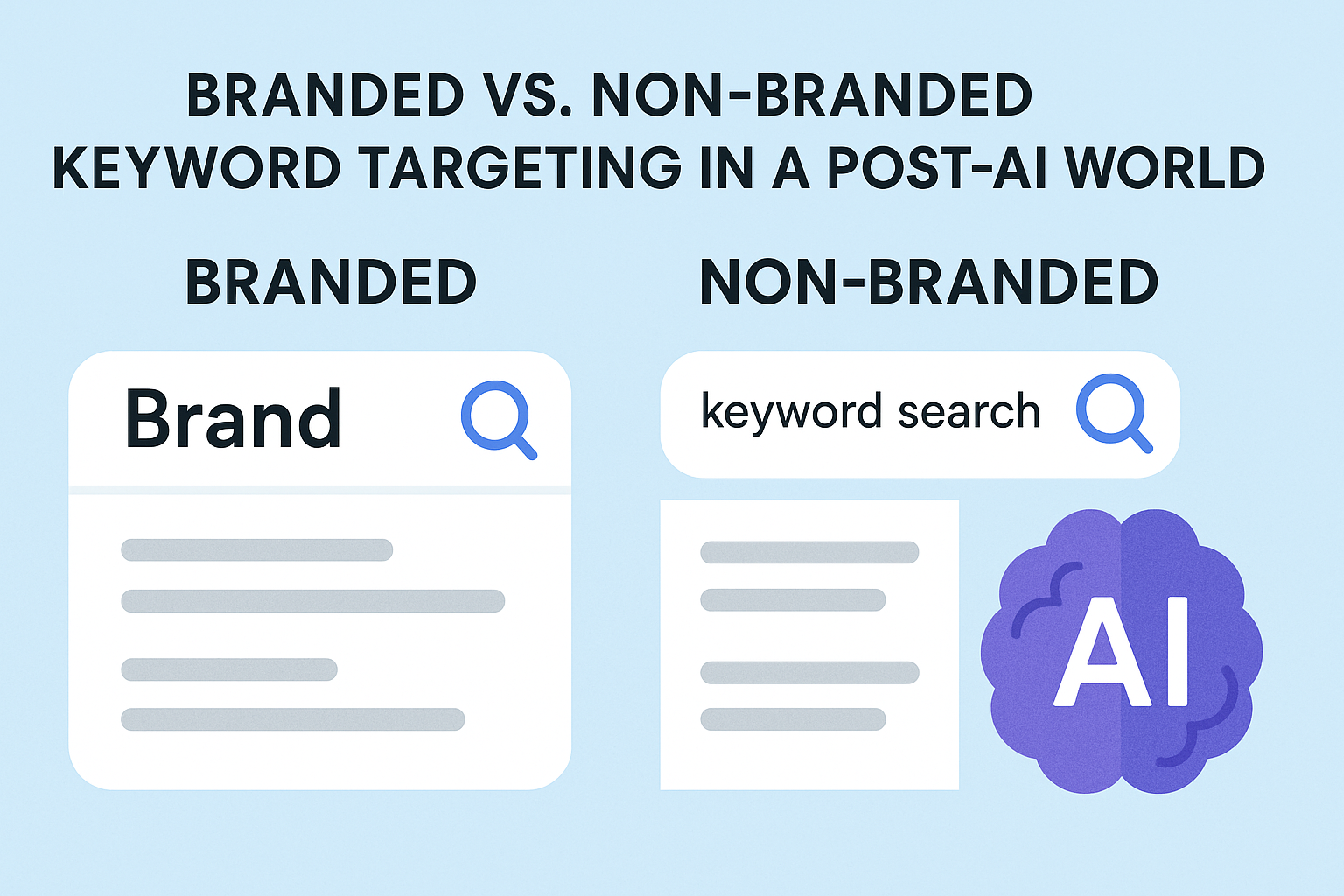Any digital agency needs to have the best quality SEO reporting tools. It doesn’t matter how small or large your digital agency is.
Agency reporting SEO tools are essential because clients should be able to see the progress report when they work with you.
Presenting the SEO KPI report via reporting tools is also much more accessible. This is just the beginning. Did you know that agencies with more clients who use practical tools to present the report to their clients are more likely to gain clients?
Clients trust you when they give those precise data and a progress report. This is why you need to use the best SEO strategy for your clients to show progress reports. However, two other things are equally important: SEO outsourcing for business and marketing automation tools.
Understanding SEO
Start by learning the basics of SEO before you start to look at SEO Tools. Search Engine Optimization, also known as SEO, refers to optimizing your website according to specific metrics used by search engine algorithms to rank pages in search results. It could be on-page SEO and off-page SEO elements that improve keyword ranking, readability CTR, domain authority page speed, backlinking, etc., to rank websites.
These things can make your website rank higher and help you appear more prominently when someone searches for a keyword related to your business.
SEO and Content Marketing
SEO is a critical factor in the marketing strategy for your product or content online. It doesn’t matter how well your content is; if people don’t see it in the first few results of a Google search, they won’t usually end up on your website.
This is where the goal is to evaluate your SEO performance and make improvements that will benefit your site. Although some elements are common to all websites, many factors depend on the specific brand and its performance to get organic traffic. SEO Reporting Tools can fine-tune the process by actively researching keywords, visitors, conversion metrics, and other information.
Different types of SEO reporting software
On-page SEO is broken down into off-page and technical SEO. Outreach SEO is also a part of SEO promotion. Different SEO reporting software is required for each of these.
On-page SEO
This refers to all content on a website page, including text, images, and HTML markup. It all depends on the stage of website creation. When creating a website, gather semantics and select the keywords that should be promoted. Then, break them into groups. Then, you can prepare the content for your website. On-page SEO software gathers information about queries, semantics, and other factors.
Off-page SEO
Off-page SEO refers to a series of actions that aim to improve the authority of a website. It enhances website visibility and indexation in search engines. Off-page SEO software collects information about website rankings.
Technical SEO
It is essential to optimize your website’s technical aspects. Users may be unable to find your website’s content if it isn’t very interesting or high-quality. This could be due to technical mistakes. Search engines must index and display your website’s content in search results. It doesn’t mean that the crawlers have finished all of this work. However, technical website optimization should continue.
Your website pages must be mobile-friendly and secure for search engines. Content should not be copied and loaded as quickly as possible. SEO tools are used to provide technical SEO tips and information.
Local SEO
Local SEO refers to the promotion of businesses in response to queries that have a regional connection. Local SEO is an effective tool for small businesses. Nearly half of all consumers who use Google to search for information about local areas use it. Your business may not be optimized for local searches, which could mean you miss out on up to 80% of your potential customers. Local SEO software gathers information about local queries.
Outreach SEO
Outreach SEO is a link-building technique that interacts with journalists, website administrators, and bloggers. This method allows you to publish links, banners, and articles about the promoted project on third-party websites. The outreach SEO software also collects information about backlinks and website quality.
Check out these SEO Reporting Tools Factors
It would help if you set criteria when choosing the right SEO tool or SEO techniques to impress your clients and customers, so they return to you repeatedly.
After hours of research, we finally came up with these criteria:
- User Interface: A device’s user interface (UI) is the point of interaction between humans and computers. You need to determine if the interface works. Do you intend to use the tool only to perform?
- User-friendliness: You should second check whether the tool is simple to use. Do the tools offer technical support, tutorials and training? These are all possible parameters to be checked out when looking at any tool.
Features A good SEO reporting tool should have the following features:
- Tracking of position
- Backlink monitoring
- Competitor data
- Analytics
These are the most basic features any software can provide. That is why we say so.
A bonus is that the tool offers reporting capabilities for email marketing and social media.
Customize reports: As an agency, there will be different customers and clients with additional needs. You must ensure that the tool works with the client’s other KPIs, metrics, and objectives.
Export reports: This is the feature that almost everyone needs in their tool. It is not easy to paste and copy data. Ensure that the SEO tool allows you to export reports directly from your system.
The Best SEO Reporting Tools
There are many SEO reporting tools available. This can be a double-edged weapon, however. Different functionality means that you need to choose the best SEO reporting tool for your needs. These are our SEO checklists for the best SEO reporting tools.
1. Ahrefs
Ahrefs is a popular reporting tool that most SEO company use. This tool has been a massive success for many businesses in their search engine marketing campaigns. They also recommend Ahrefs to other online SEO tools. Ahrefs is an excellent tool for checking backlinks. It has an extensive data index with over 12 trillion links, 200,000,000 root domains, and 3 trillion URLs.
Ahrefs comes with an SEO site auditor tool. This allows you to pinpoint the areas of your website that need to be modified for search engine rankings optimization. This tool will enable you to determine your competitors’ backlinks, which is helpful for your website users. Ahrefs’ most distinctive feature is its site crawler, which visits over 6 billion websites per 30 minutes and updates indexes. This makes Ahrefs the best tool for finding live links.
2. SE Ranking
SE Ranking doubles as an SEO reporting tool and a powerful, all-in-one SEO solution. This tool is ideal for small businesses and includes a customizable report-creation tool that allows you to create professional reports in just a few mouse clicks.
You can select a period and drag and drop modules to be included. Then add your logos and branding to the headers and footers for each page. Any module can be tagged with notes.
You can either auto-generate reports and send them to clients or yourself via email regularly or manually download and distribute them. You can also use all functions necessary for SEO, such as a website audit, ranking tracker, and backlink checking. This is the tool you need to cover all your SEO needs. SEO reporting is included in all pricing plans. This makes it an excellent value for money as an all-in-one tool.
3. SEMrush
SEMrush allows you to view the link profile of Google and Bing search engines and track the relevancy of the links. It was designed for SEO/SEM professionals. It provides data that can be used to analyze competitors and projects. SEMrush is a powerful SEO reporting platform that collects large amounts of SERP data. This service offers accurate, customized data that can be used to accelerate the growth of projects. IBM uses Microsoft, Wargaming, and CARSCOM as the best SaaS tools for SEO reporting.
4. Google Analytics
Google Analytics (GA), a web analytics and SEO reporting tool, provides free tracking and reporting on traffic data for your website.
Since it is free and can be used to understand site interactions, the majority of websites that are active online have a Google Analytics tracking number. Each GA report is composed of dimensions and metrics. Metrics can be described as quantitative measures, such as user sessions. Examples of metrics include sessions, new users, bounce rate, and pages per session.
Dimensions refer to attributes of your data such as location, user source, and device. Google Analytics allows you to filter, sort, and compare metrics and dimensions. You can also compare data over different periods and create custom reports using this data. Reports can be exported in multiple formats, including PDF, Google Sheets, and Excel. Messages can also be sent or scheduled by email.
You can also pull GA data into Google Data Studio, which allows you to create custom reporting dashboards that blend or compare data from multiple sources.
Google Analytics is the best and most reliable way to track website traffic because it applies the GA tracking code directly to the site.
Many SEO platforms integrate with Google Analytics to allow you to create SEO reports that combine traffic data from your website with other SEO insights.
5. GrowthBar
GrowthBar is an SEO tool that can help you outsmart your competition. Access millions of keyword suggestions, difficulty scores, and long-tail keyword information. Track your website’s keyword rankings, and get tips and tricks to improve them. You can see any website’s organic keywords and Google Ads backlinks, and Facebook Ads so you can intelligently guide your strategy. Any data can be exported to CSV. You can create content outlines for your website or blog with the correct keywords, word counts, and headers. GrowthBar can save you hours of planning and outlining content. You can use the 5-star-rated GrowthBar Google Chrome Extension with your account. At the same time, you do your regular Google searches and Glean SEO insight.
6. KWFinder
KWFinder is an SEO keyword search tool that allows you to find long-tail keywords with low competition. This tool can help you avoid keywords with great SEO difficulty and steer the search towards words more likely to aid in building rank. KWFinder can be used to find the most relevant keywords for your SEO strategy. This kind of keyword research tools can narrow keyword searches to a local level, including countries, regions, and cities. It also offers over 40 language options for further refining localized results.
7. Serpstat
Serpstat is an excellent web service that every SEO professional should use. It offers fast keyword research and precise SEO website visibility analysis. Serpstat is the best at analyzing the semantics and searching keywords in contextual advertising. It allows you to compare the visibility of your competitors with each other quickly. Specialists from Deloitte and Shopify selected Serpstat.
8. Databox
Databox allows users to combine various tools to create well-organized visual SEO reports. Databox pulls data from existing SEO tools and compiles them into “Data boards,” which can be used to create SEO reports.
Databox comes preloaded with 70+ 1-click connections to commonly used SEO tools like SEMrush, Moz, and Google Analytics. Search Console, Ahrefs, and Search Console.
Databox is excellent to use for tech companies as it allows you to create white-labeled dashboards that are fully branded and can be used on your web app at a custom domain. Instead of sending emails or writing reports, these reports can be presented directly on your website. You can also access over 200 pre-built templates.
Databox claims it makes SEO data more visual by putting all your data together on a single dashboard. Databox is an excellent tool for large teams that need to organize their data to make it easier for them to create reports.
9. Moz
Moz can be your only SEO reporting tool. You can monitor your site’s traffic and rankings with many features. Moz Pro offers basic and more advanced features, such as site audits and backlink analysis, rank tracking, and keyword research.
It’s a SAAS (Software-as-a-service) company that provides the complete analysis of SEO performance reports. This SaaS tool allows you also to compare your marketing campaign against your competitors.
Moz’s platform is ideal for agencies. It includes everything you need to do keyword research and administration.
It provides visual aids that make it easy to understand and schedules report to be sent automatically to cut down on time.
Conclusion
An SEO reporting tool can be customized to meet the specific requirements of your online business. According to the report, your decision can also be based on the frequency you require third-party integrations or the use of independent platforms to implement SEO.
Kathryn is a Digital Marketing Manager at SEO Company Experts. She is passionate about her job and always love to share content on SEO Content Marketing, PPC Services, Digital Marketing, and Branding & Online Marketing for All kind of Industry.







